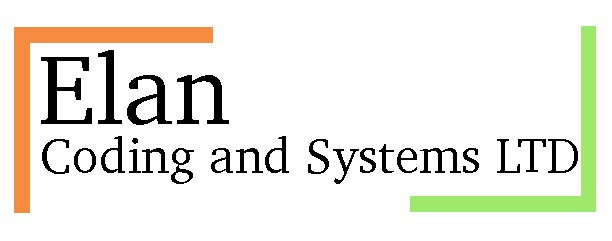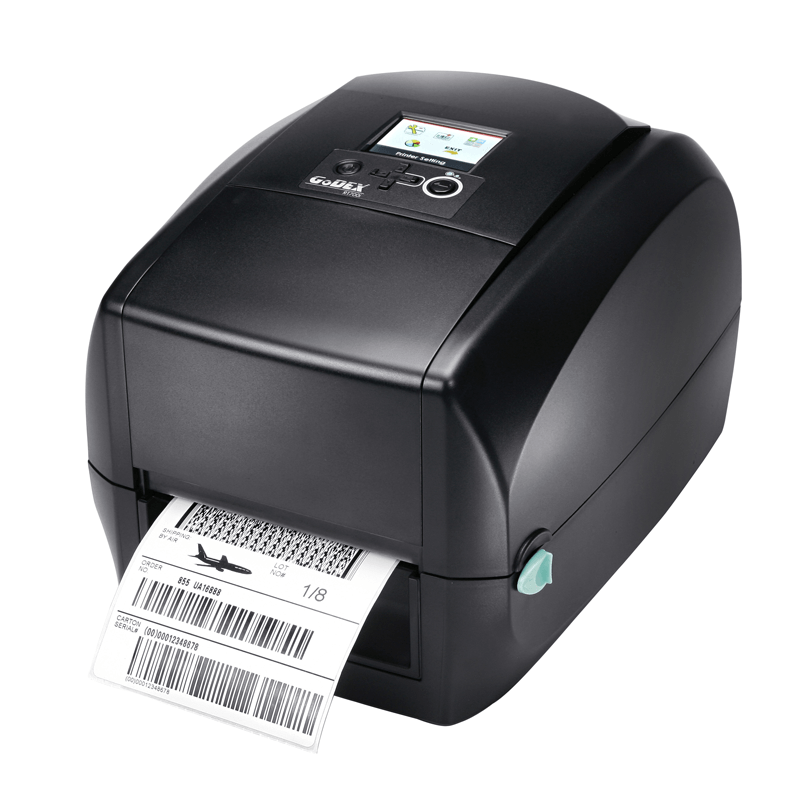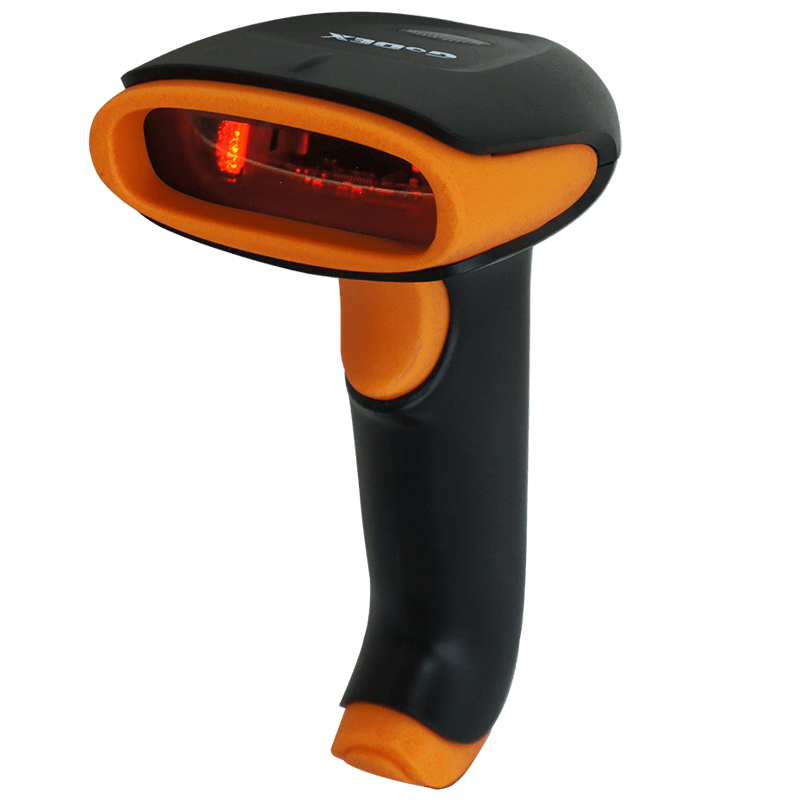Natasha’s Law explained
The Food Information (Amendment) (England) Regulations 2019, more commonly known as Natasha’s Law, come into effect from the beginning of October 2021. These new regulations apply to all food businesses where PPDS (Prepacked for Direct Sale) foods are prepared, prepacked, and offered for sale on the premises. The regulations state that all PPDS foods must bear a label detailing the name of the food and a full list of ingredients, with any allergens emphasised using for example CAPITALISED, underlined, bold, italic or different coloured text. Examples of PPDS foods include:
· Foods prepared and pre-packaged for selection and ordering on the premises
· Foods prepared and pre-packaged for sale from a market stall or mobile food van
· Foods prepared and sold from different units within the same complex i.e. shopping centres
Food business operators (FBOs) failing to comply with Natasha’s Law may face criminal prosecution, and any person convicted of an allergens offence will be liable to an unlimited fine.
Allergen labelling changes
At present and until October 1st 2021, food businesses offering prepacked for direct sale (PPDS) food items can provide mandatory ingredients and allergen information by any means they choose. This may be orally by a member of staff, by signage within sight of the point of sale or by direction to a website from where the information may be viewed or downloaded. However, from October 1st 2021 this information must be displayed on a label affixed to the food packaging itself.
The Food Standards Agency Guidance Document (download link below) states: "All written mandatory allergen information must be easily visible, clearly legible and not obscured in any way. Mandatory information must not be hidden for example under a flap or across a fold or crease, detracted from or interrupted by any other written or pictorial matter or any other intervening material."
The fourteen allergens
There are fourteen allergens considered to be the most common ingredients causing food allergies and intolerances. From October 1st 2021 the presence of any of these allergens in a prepacked for direct sale food item must be provided to the customer by means of a label attached to the product. The fourteen allergens are:
- Cereals containing gluten (wheat, rye, barley and oats).
- Crustaceans (for example lobster, crab, prawns and crayfish).
- Molluscs (clams, scallops, snails, oysters, mussels and squid).
- Egg and products thereof.
- Fish and products thereof.
- Peanuts and products thereof.
- Soyabeans and products thereof.
- Milk and products thereof.
- Nuts (almond, walnut, pecan, cashew, hazelnut, pistachio, Brazil and Macadamia nut).
- Celery and products thereof.
- Mustard and products thereof.
- Sesame seeds and products thereof.
- Lupin and products thereof.
- Sulphur dioxide and/or sulphates at concentrations of more than 10 mg/kg or 10mg/litre.
Natasha's Law Food Labelling Solutions
Elan Coding and Systems offer two complete PPDS food labelling solutions, allowing those businesses involved in the preparation and sale of PPDS foods to fulfil their Natasha’s Law obligations. Our solutions both utilise Godex label printers, along with an external keyboard and a special version of UltraLabel software. Labels are designed using this software, with ingredients and allergens information imported from a predefined spreadsheet or database, or from a proprietary software package. The completed Natasha's Law compliant label design and allergen data can then be either downloaded to the printer’s memory for standalone label recall and printing, or the printer can be driven via connection to a PC..
Solution 1 - for printing between 1 and 2000 labels per day:
Godex RT730i Plus printer + Standalone keyboard + UltraLabel Software £935.00 + VAT
Solution 2 - for printing between 1 and 20000 labels per day:
Godex ZX1300i Plus printer + Standalone keyboard + UltraLabel Software £1450.00 + VAT
Additional Options:
Scanner £145.00 + VAT
On Site Installation £194.00 + VAT
1 Year Warranty Upgrade £158.00 + VAT
For further information please call us on 01205 875578 or click the contact link below
The origin of Natasha’s Law
Natasha’s Law is the result of a determined campaign lead by the parents of Natasha Ednan-Laperouse, a 15 year old girl who in 2016 tragically died after suffering a severe anaphylactic allergic reaction to sesame seeds contained within a baguette she had eaten. The pre-prepared and packaged baguette had been purchased from a Pret A Manger outlet, and under current legislation such products are not required to be individually labelled with ingredients or allergen advice. Although Natasha was allergic to sesame the ingredient was not listed on the packaging.
Following Natasha’s death her parents Tanya and Nadim Ednan-Laperouse campaigned tirelessly for greater food labelling transparency, and in September 2019 their efforts were rewarded when Natasha’s Law was laid before Parliament. They also founded the Natasha Allergy Research Foundation and in the 2021 New Year Honours List were both awarded OBEs for their services to charity and for people with allergic disease.






